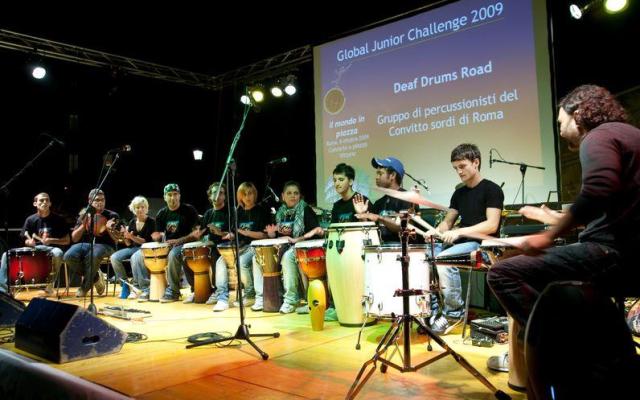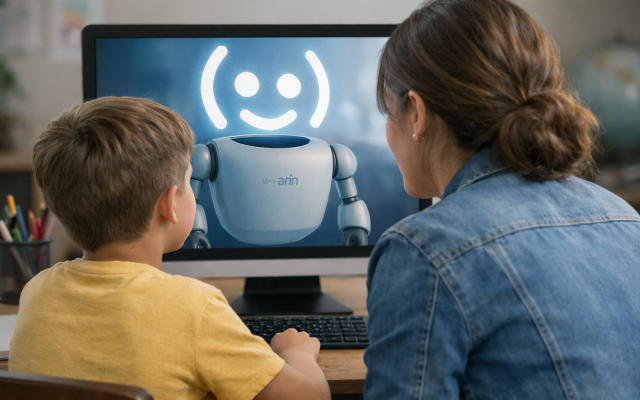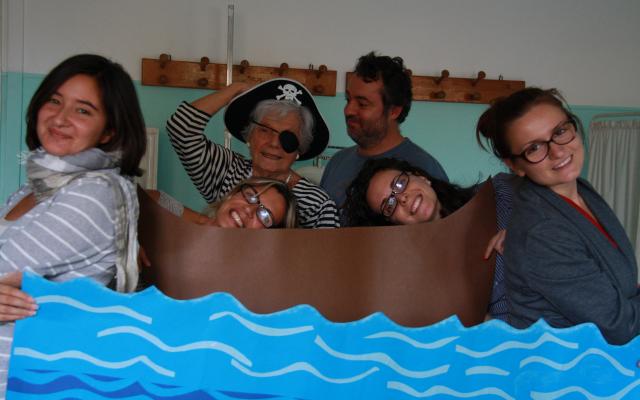Elders are a resource, but one out of seven is at risk of social exclusion.
The gradual ageing of the population is a global trend. Today, life expectancy exceeds 75 years in half of the world’s countries, 25 years more than in 1950. By 2030, it is estimated that there will be more elders than youth, worldwide, with a more marked increase in developing countries. This demographic change has significantly transformed the caregiving panorama, which includes a wide range of retributed and non-retributed social and health care, in both formal and informal contexts. The ageing population has driven a marked increase in social and health assistance services requests, especially by elders affected by pathologies such as dementia. In recognition of these challenges and opportunities, the United Nations’ 34th International Day of Older People addressed the issue of “Ageing with Dignity: The Importance of Strengthening Care and Support Systems for Older Persons Worldwide.”
In Italy, while 28% of over-65s represent a resource for their family and community, 16% has no contacts with others (not even by phone) and 75% has not participated in any social activity (parish, elderly centre, association, etc.). This is the picture that emerges from the Higher Health Institute’s “Passi d'Argento” Report, published on the International Day of Older People. This means that one out of every seven elders is at risk of social isolation.
Yesterday was the International Day of Older People, while today is Grandparents’ Day, a civil festivity established in Italy for October 2 by Bill N. 159 (July 31, 2005).
We would like to wish all the older people we have met over the years, especially through Project Grandparents on the Internet, and all the people taking care of them, from our Knowledge Volunteers to caregivers.
Happy Older Peoples’ Day!




